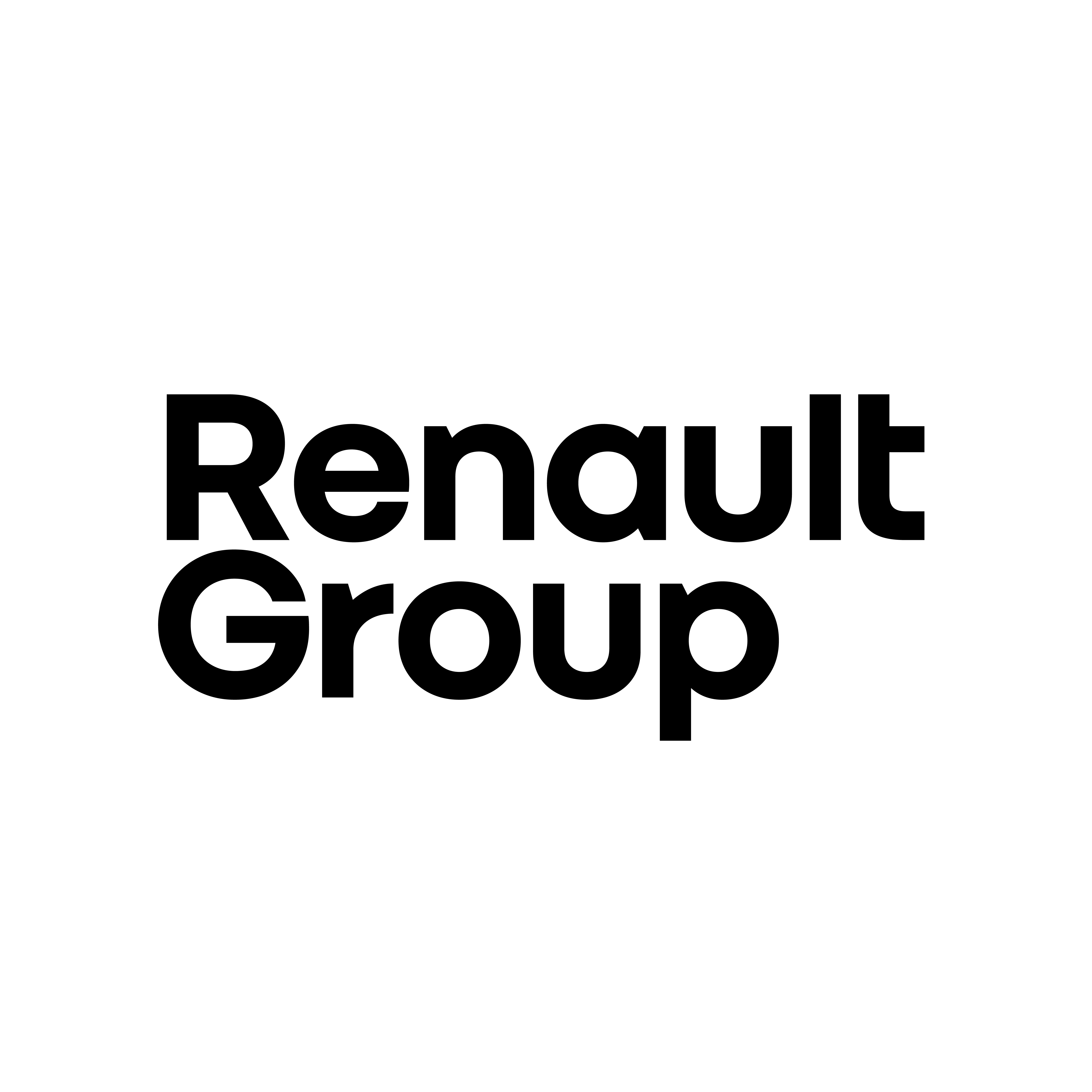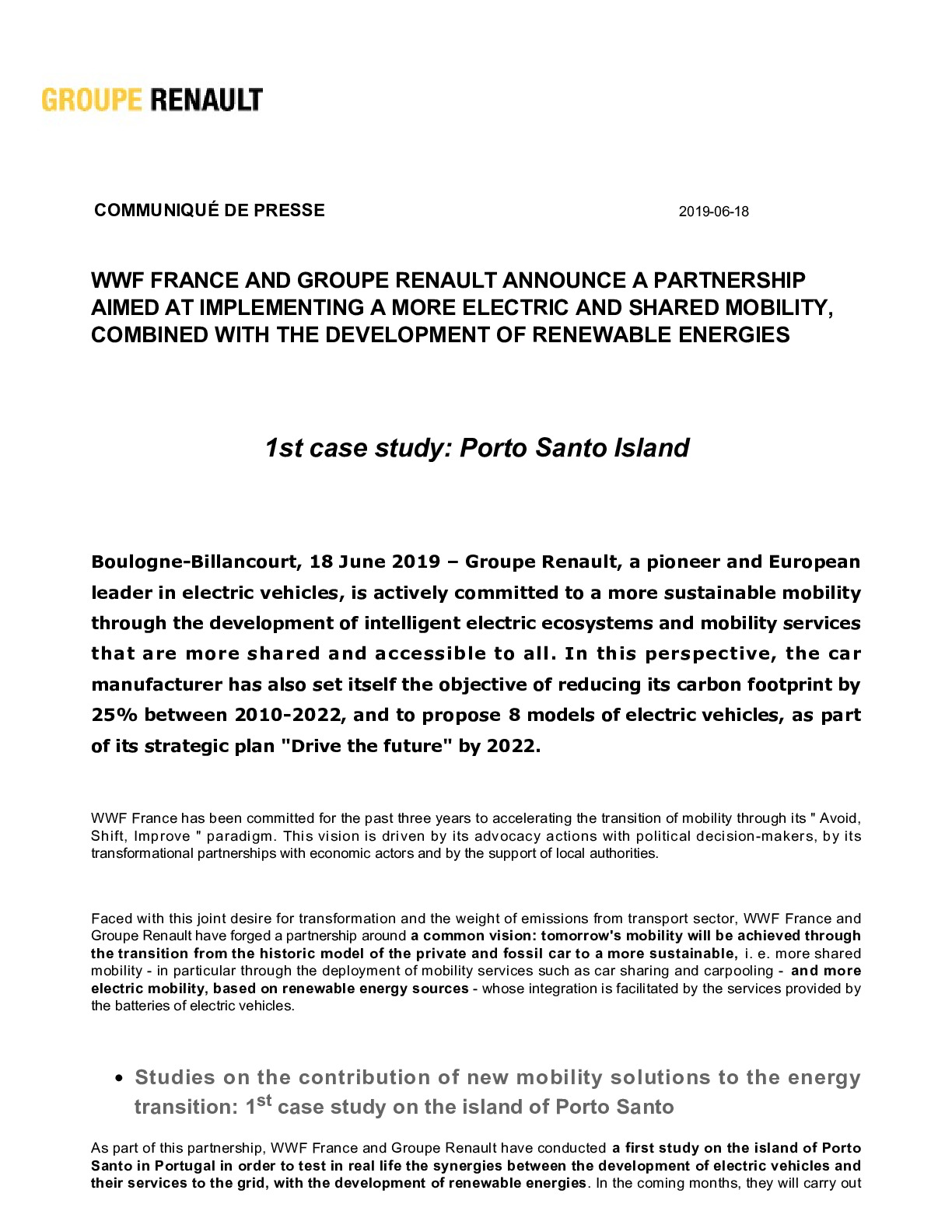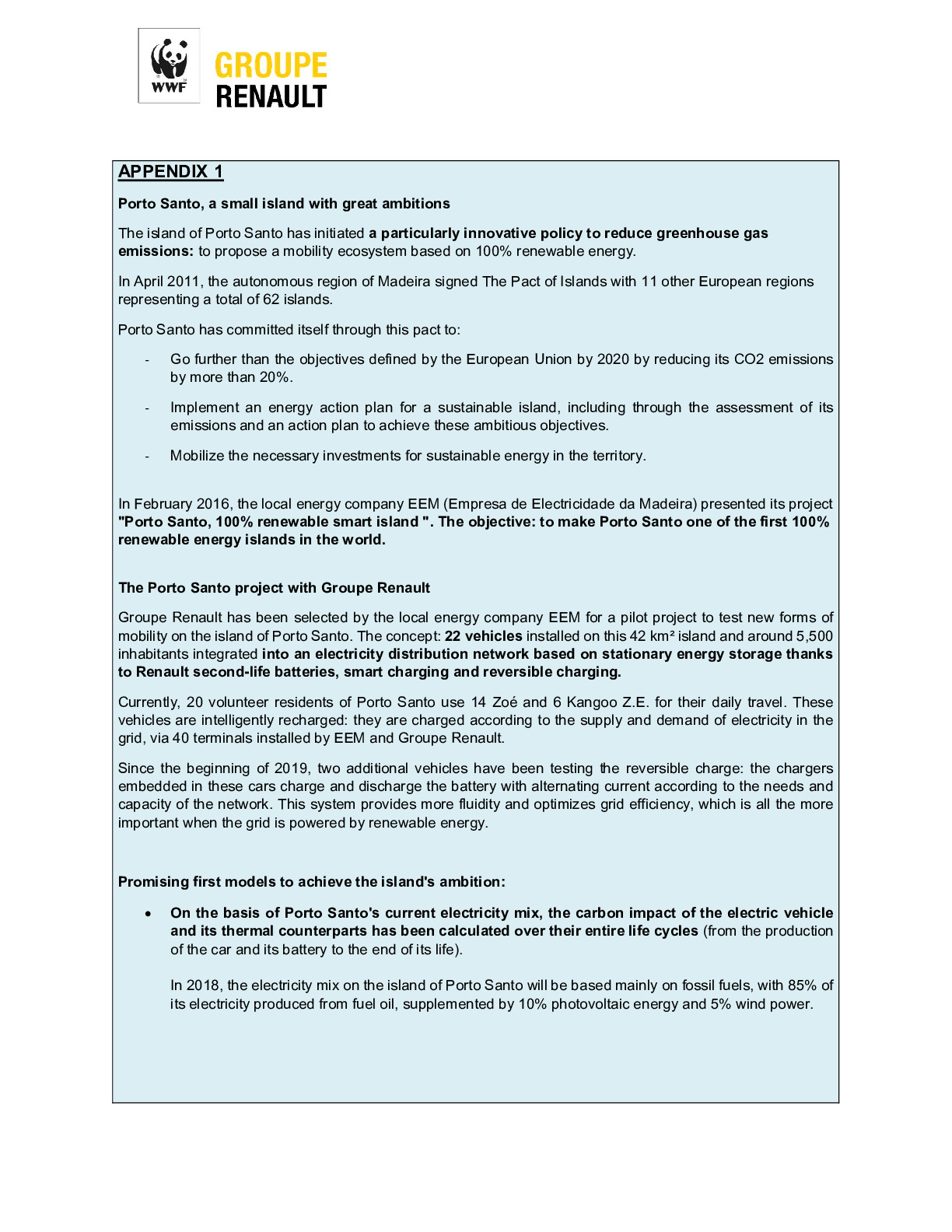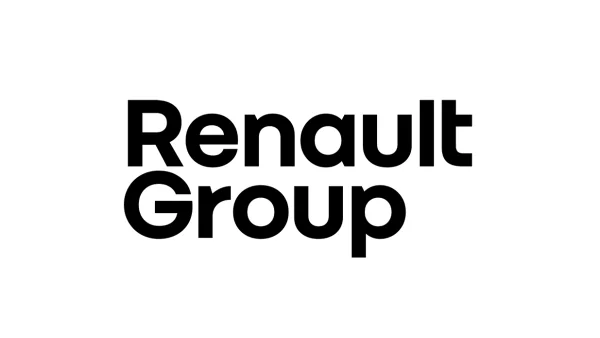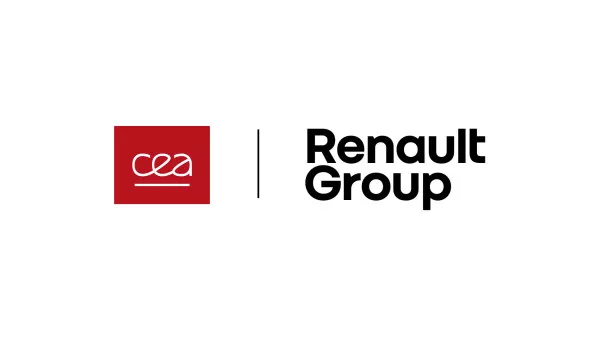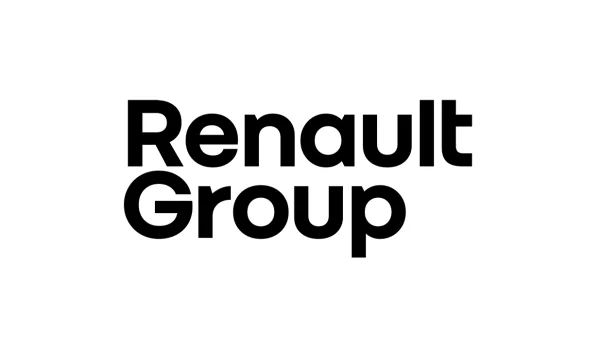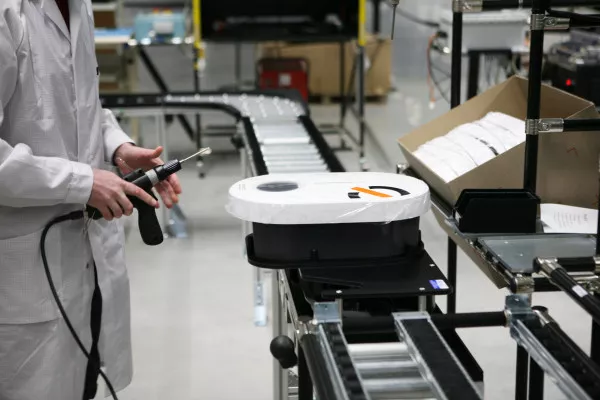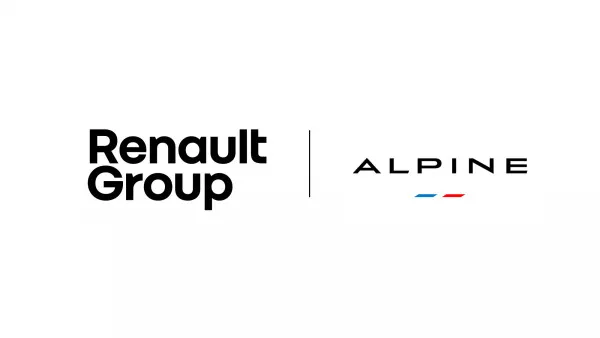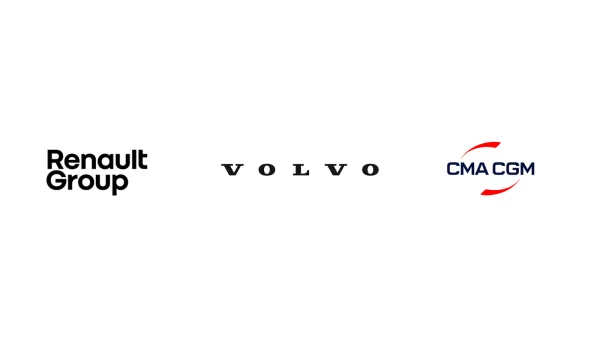WWF France and Groupe Renault announce a partnership aimed at implementing a more electric and shared mobility, combined with the development of renewable energies
Boulogne-Billancourt, 18 June 2019 – Groupe Renault, a pioneer and European leader in electric vehicles, is actively committed to a more sustainable mobility through the development of intelligent electric ecosystems and mobility services that are more shared and accessible to all. In this perspective, the car manufacturer has also set itself the objective of reducing its carbon footprint by 25% between 2010-2022, and to propose 8 models of electric vehicles, as part of its strategic plan "Drive the future" by 2022.
18 June 2019 15:40
1st case study: Porto Santo Island
WWF France has been committed for the past three years to accelerating the transition of mobility through its " Avoid, Shift, Improve " paradigm. This vision is driven by its advocacy actions with political decision-makers, by its transformational partnerships with economic actors and by the support of local authorities.
Faced with this joint desire for transformation and the weight of emissions from transport sector, WWF France and Groupe Renault have forged a partnership around a common vision: tomorrow's mobility will be achieved through the transition from the historic model of the private and fossil car to a more sustainable, i. e. more shared mobility - in particular through the deployment of mobility services such as car sharing and carpooling - and more electric mobility, based on renewable energy sources - whose integration is facilitated by the services provided by the batteries of electric vehicles.
-
Studies on the contribution of new mobility solutions to the energy transition: 1 st case study on the island of Porto Santo
As part of this partnership, WWF France and Groupe Renault have conducted a first study on the island of Porto Santo in Portugal in order to test in real life the synergies between the development of electric vehicles and their services to the grid, with the development of renewable energies . In the coming months, they will carry out an analysis of various experiments related to the electric vehicle (smart/reversible charging, stationary storage in second life batteries, multisectoral synergies, etc.), in order to study its best possible integration into electricity production and distribution networks. The objective: to ensure optimal benefits regarding the exploitation of renewable energies and the reduction of greenhouse gas emissions on a territorial scale.
A unique island laboratory
The Porto Santo study is part of an innovative program called " Smart Fossil Free Island " implemented by the Madeira Regional Government to support the island's energy transition.
Although Porto Santo's electricity mix is now largely based on fossil fuels, the study shows that an electric vehicle has a carbon footprint that is respectively 11% to 34% lower than its diesel and gasoline equivalents during its entire life cycle. Models show that the more the renewable energy and electric vehicle couple is developed, the greater this gap widens. With the maximum development of a combination of 99.5% renewable energy and 100% electric mobility, the entire island could be very close to carbon neutrality by 2030. Its carbon footprint would thus be reduced by 88% compared to 2018 .
See Appendix for details of these initial results and next steps
From pilot projects to systemic change
Groupe Renault and WWF France will continue to analyze the benefits of an ecosystem of electric vehicles coupled with renewable energies, both in Porto Santo by addressing additional aspects such as economic angle or usage patterns, and beyond in other territories or islands, such as Belle-Ile-Mer for instance, by integrating the benefits of car-sharing.
The partnership also aims to scale up by capitalizing on these analyses with key success factors in order to replicate or adapt this approach in other territories.
-
Groupe Renault joins WWF France's "Reinventing Cities" initiative
For the 10 largest French cities, the transport sector accounts for from 20 to 60% of greenhouse gas emissions. There is therefore an urgent need to implement more sustainable and desirable models of urban organization and mobility: models where we will move differently and more efficiently. Groupe Renault is thus joining the "Reinventing Cities" initiative ( « Réinventer les Villes ») to work on promoting sustainable city models and mobility alongside public and private actors.
Groupe Renault is the first car manufacturer in the world to have presented a climate objective aligned with the Paris Agreement, so called “Science-based target”. This commitment confirms the manufacturer's observation of a necessary and already committed evolution of mobility products and services. It can therefore become a key player in mobility changes that need to be implemented. Together, we believe through this partnership that this transition must involve more electric, shared and renewable energy-based forms of mobility. It is an ecological and social imperative. This partnership contributes to WWF France's vision: to move less, better and differently in relation to an ecosystem of mobility solutions to be developed at large scale (public transportation, biking and active modes as well as EVs).
Pierre Cannet, Interim conservation co-director, WWF France
Through this partnership, Groupe Renault's ambition is to deploy its environmental strategy more broadly. With WWF France, we intend to develop joint actions to demonstrate the scientific relevance of electromobility as a lever to accelerate the ecological transition and an opportunity to make sustainable mobility accessible to all.
Jean-Philippe Hermine, VP Strategic Environmental Planning Groupe Renault
With the expertise of WWF France, our intention is to concretely measure the environmental benefits of the electric vehicle and its ecosystem, in order to develop a methodology to effectively replicate or adapt these solutions for territories, redefine the mobility of the future and support users towards new modes of transport.
Gilles Normand, SVP, Electric Vehicle, Groupe Renault
About WWF France
WWF is one of the largest independent conservation organisations in the world. Through its active network in over 100 countries worldwide and the support of nearly 6 million members, WWF strives to stop the degradation of the planet’s natural environment and to build a future in which humans live in harmony with nature. Its goals include preserving global biological diversity, ensuring sustainable use of renewable natural resources and promoting the reduction of pollution and waste.
Since 1973, WWF France has worked on a constant stream of projects to provide future generations with a living planet. With the support of its volunteers and 220,000 donators, WWF France leads concrete actions to safeguard natural environments and their species, ensure promotion of sustainable ways of life, train decision-makers, engage with businesses to reduce their ecological footprint and educate young people. The only way to implement true change is to respect everyone in the process. That is why dialogue and action are keystones for the WWF philosophy.
About Groupe Renault
Groupe Renault has manufactured cars since 1898. Today it is an international multi-brand group, selling close to 3.9 million vehicles in 134 countries in 2018, with 36 manufacturing sites, 12,700 points of sales and employing more than 180,000 people. To address the major technological challenges of the future, while continuing to pursue its profitable growth strategy, Groupe Renault is focusing on international expansion. To this end, it is drawing on the synergies of its five brands (Renault, Dacia, Renault Samsung Motors, Alpine and LADA), electric vehicles, and its unique alliance with Nissan and Mitsubishi Motors. With a 100% Renault owned team committed to the Formula 1 World Championship since 2016, the brand is involved in motorsports, a real vector for innovation and awareness.
Media presse
WWF France : Héloïse Pichon, +33 6 35 34 74 64, hpichon@wwf.fr
Sur le même sujet
